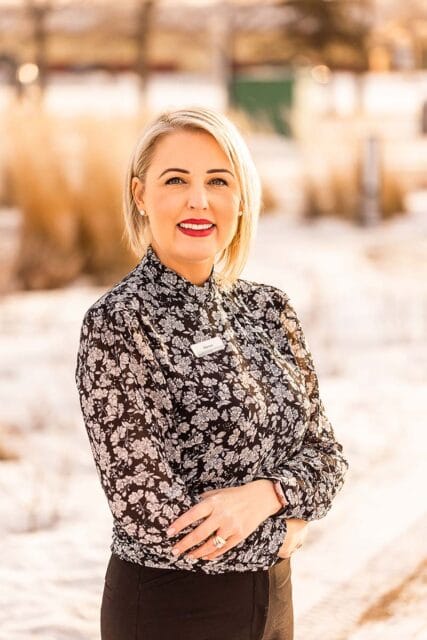
How to start investing
So, you’ve landed your first “real” job!
Now’s the perfect time to create your first investment plan
First, let me congratulate you on getting through school and starting your first “real” job. You’ve worked hard to get here, and I’m sure there are many things you’ll want to spend your new paycheque on. An apartment of your own, some decent takeout (not from a student cafeteria), maybe a little travelling.
You should do those things, as long as they fit into your budget. You’ve earned a little breathing room. But now that you have some stability, you should also start thinking about investing for your future. Here are three ways to get started.
1. Pay down debt
As a student, you may have accumulated a mix of debt, from student loans to credit cards. Create a debt-repayment plan that focuses on paying off your high-interest debt, like credit cards, first.
Student loans often carry lower interest rates – and in Canada, the interest you pay on many student loans is tax deductible – so these loans might not be your top priority. At the same time, many student loans require you to make a minimum monthly payment shortly after you graduate, and you only have so much time to repay the entire loan. So, you need a loan-repayment plan to make sure you don’t default on these loans.
2. Build your emergency fund
Post-graduate life isn’t all sunshine and rainbows. Sometimes your air conditioner breaks down in the middle of a heat wave or your car dies on the way to a meeting. I suggest putting 10% of your paycheque into an emergency fund to cover unexpected expenses. The goal is to eventually have enough money in your emergency fund to cover three to six months’ worth of expenses, but it can take a while to get there.
Your emergency fund should be low risk and easy to access. You can use a regular savings account, but there are tax benefits to using a Tax-Free Savings Account (TFSA). The investment income you earn within your TFSA isn’t taxed, and neither are your withdrawals.
3. Think about retirement
This is the best time to take advantage of the power of compounding. If you start putting just $200 a month into your Registered Retirement Savings Plan (RRSP) at age 25, and let it grow over the next 40 years at a 4% rate of return, you’ll have about $237,000 in your RRSP when you turn 65.
Wait another 10 years to start investing the same amount at the same rate of return, and you’ll reach age 65 with about $140,000 in your RRSP. That’s a big difference.
There are many ways to save for retirement, but RRSPs offer the most significant tax advantages. You can deduct your contributions from your income taxes, and you won’t pay taxes on any investment income you earn within the plan until you start making withdrawals.
If you’re ready to start investing, contact me today about creating your first investment plan.
Shannon Luscombe
North Peace Savings & Credit Union

Shannon Luscombe is a Senior Financial Advisor with North Peace Savings and Credit Union with a decade of experience working within the Credit Union system. She moved from Vancouver Island in 2019 to be with her husband who works in the Oil & Gas industry, bringing with her, Credit Union knowledge and experience to join the NPSCU team. She has a passion for helping Members succeed in achieving their financial goals, by sharing strategies and advice gained from a combination of education and experience in the financial industry.
Shannon says “the friendly people of Fort St John have made me feel right at home here and I am loving Northern life. I enjoy exploring the Peace region and all the beauty it has to offer with outdoor hiking, biking, and kayaking.”